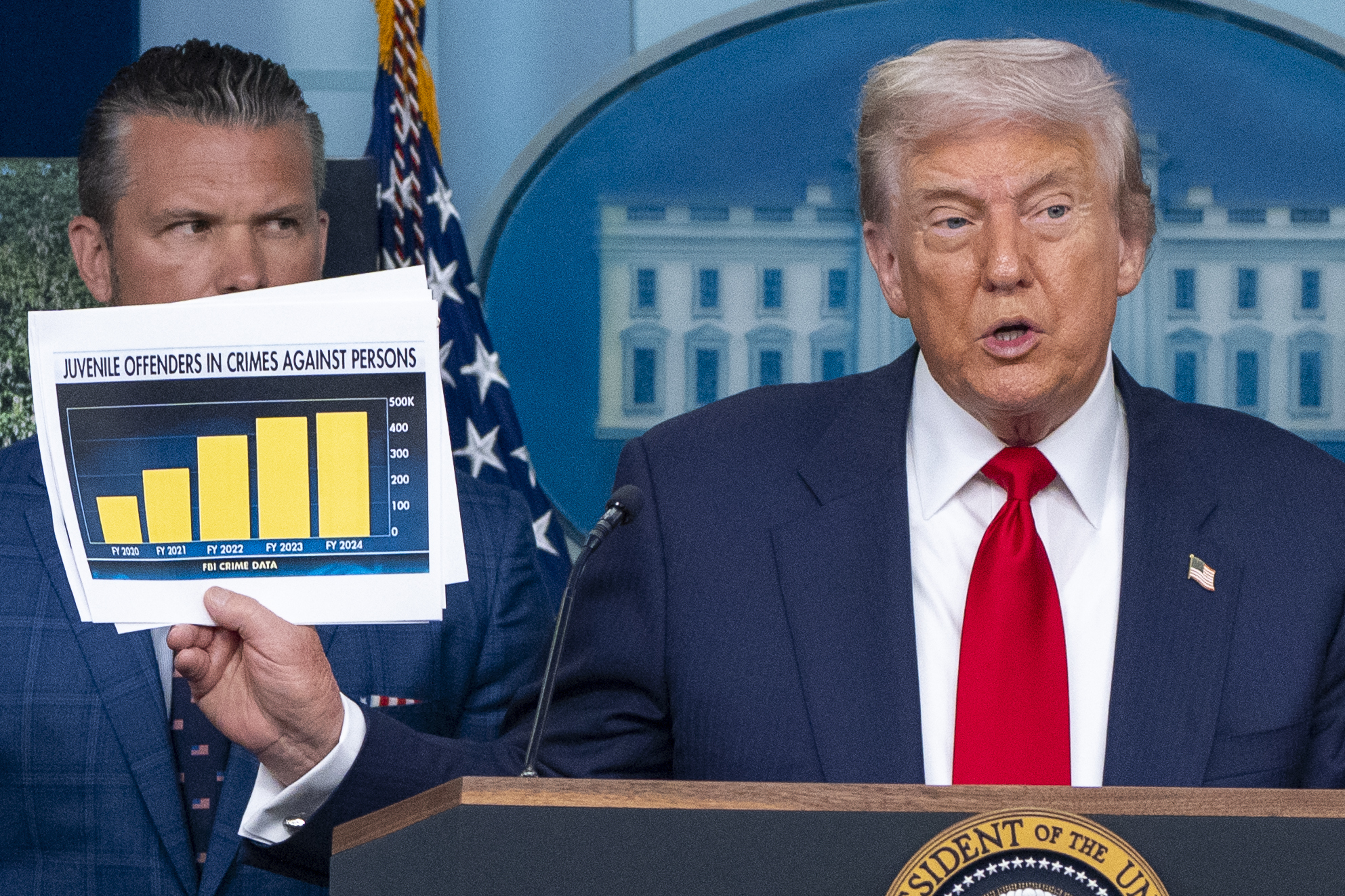
There’s no sense in beating around the bush: While Democrats succeeded at the most important task of their lives—defeating Donald Trump—further down the ballot things didn’t go as planned. The party lost seats in the House, underperformed in the Senate, and failed to flip any statehouses ahead of next year’s redistricting.
These results have people at all levels of the party asking themselves: Where do we go from here?
One clearly wrong answer is “back to the bad old days”, when the party simply declined to contest winnable races because they’d written off those parts of the country.
Trump’s victory in 2016 lit a fire under Democrats. It underscored the party’s need to invest in candidates up and down the ticket, and replace the crumbling infrastructure of previous decades that had allowed so many races to go uncontested. His defeat in 2020, accompanied by disappointing down-ballot results should rekindle rather than tamp out that fire. Four years into our investments, we are only now starting to build a truly modern Democratic Party.
Democrats have won the presidency, but the Senate is still up for grabs and the down-ballot defeats across the country could set us back decades. Assessing the reasons for these losses will take time—we did not lose exclusively because of ideology, tactics, or spending decisions, nor does a single voter demographic shoulder the blame—and there is thus no simple answer to the question: How do we do better in the future?
But what we can say for certain is that if Democrats hadn’t supported candidates everywhere they could, these down-ballot results would have been even more disheartening. And that means the project of rebuilding the Democratic Party from the ground up must continue.
The good news is that we’re not starting from scratch. If you had told Democrats in 2016 that in 2020, we’d seriously compete for Texas, Georgia, North Carolina, and Arizona—and that we’d win half of them—they would have laughed you out of the room. The daily news cycle is still filled with bad news and Trump is determined to make his last two months in office as painful as possible, but we have come a long way in a short period of time.
Looking ahead, we need to focus immediately on winning the runoff Senate elections in Georgia in January, followed by state legislature and municipal elections in 2021, the 2022 midterms, and then prepare to win again in 2024 (and 2026, and beyond).
Arizona, for example, will now have two Democratic senators, and it voted for a Democrat for president for the first time in decades. That didn’t happen out of nowhere—it was the outgrowth of the hard work of organizers and candidates for county and city offices working strategically and locally, losing occasionally but always building.
Wisconsin flipped back to blue, despite of egregious voter suppression tactics, thanks to a strong state party, amazing grassroots organizers focusing on communities of color like BLOC and Voces de la Frontera, and strong local leaders who built relationships, delivered results when possible, and remained engaged with their voters day-in and day-out.
Biden won Georgia, and the Senate races there will both be determined by runoffs because of the leadership and vision of Stacey Abrams, grassroots groups like New Georgia Majority, which organizes communities of color year round, and school board and county commissioner candidates who helped improve the brand-identity of the Democratic Party.
Looking back on the four years of work that made those victories possible, here are 10 key principles Democrats at all levels—not just party committees and state entities, but elected officials, candidates, operatives, funders, grassroots leaders, activists, volunteers—should embrace moving forward:
Treat every election like it’s the most important election of our lives, and treat every month like October. Next year is not an “off year,” just like 2017 and 2019 were not “off years.” There are municipal and state elections every year, but this is also when party-building happens.
We can’t wait until deadlines approach to get to work. Democratic campaigns and causes raised more than $1 billion in the back half of 2020. That money is great, but it would have been better spent six months (or 18 months) earlier. Early money is like yeast, the expression goes—it helps the dough rise.
Resource every state like a battleground state. Former DNC Chair Howard Dean’s 50 State Strategy was smart; let’s bring it back. That means fully funding all 50 state parties, recruiting candidates everywhere, and giving them the resources they need to reach voters as early as possible. Imagine if states like Kansas and Mississippi got the same kind of attention (and money) as Florida and Pennsylvania?
Chase power, not shiny objects. Democrats have a tendency to become distracted by flashy things at the expense of everything else. Sometimes we place all our hopes and dreams in the presidency and ignore the down ballot; other times we become mired in infighting over viral tweets that have little bearing on election outcomes. We’ve come a long way toward rectifying that in the past four years, but we were starting from scratch and still have a long way to go. On that note…
Win local elections so we can win national elections. It is much more efficient to flip state legislatures—which can then pass fair maps, expand access to the polls, and actually deliver results that will inspire and engage voters—than it is to flip a U.S. House or Senate seat. Even more locally, county recorders, clerks, and executives who oversee elections can make life much easier for Democratic voters—even in red states where the laws are stacked against us. (See for instance: Judge Lina Hidalgo in Harris County, TX.)
Win local elections because they make people’s lives better (and gridlock in Washington means it might be hard to make progress otherwise). Republicans have so profoundly shaped our lives because they have used all the offices they’ve won, from water districts to school boards to county clerks, to impose their governing philosophy on us. They win school board seats and implement curricula to educate the next generation of Republicans. They win county clerkships and refuse to marry LGBTQ couples.
We can undo the worst of that, and, more importantly, we should show voters what progressive governing looks like at a level that feels personal and tangible. City councils can rezone their neighborhoods to create affordable housing. Mayors can hold police departments accountable and end violence against Black people. State legislatures can pass ambitious climate legislation, pay teachers more, strengthen unions, and enable automatic voter registration. District and county attorneys can bring equity to our justice system. If Democrats don’t win back the Senate, DC will likely be broken for the next four years—but local governments don’t have to be.
Measure success past Election Day and beyond wins and losses. We have to work toward long-term goals with the understanding that what we accomplish in 2021 will both be valuable in its own right and shape outcomes in the 2022 midterms and the presidential election in 2024. Practically, the burden for this falls to funders, who determine whether organizations and candidates have the resources they need to stay open and stay fully-staffed, especially in the immediate aftermath of such a high-profile election. Major donors should make large, multi-year commitments so campaigners have no doubt money will be there when they need it. Grassroots donors should make automatic, recurring donations to the extent they can, so organizations and candidates can plan with certainty.
Commit to racial diversity. It is unacceptable to play favorites with white candidates in white-majority districts. It is unacceptable to hire only white staff. It is unacceptable to fund organizing only in white communities. It is unacceptable to treat voters of color as monolithic and then take them granted. Our party is stronger politically because of its diversity, and embracing that diversity should be more than just a value: it should inform our strategies, too.
Don’t fear primaries—embrace them. Primaries are how women and candidates of color break through, and how we empower candidates who will challenge the status quo. Primaries are how we engage our best activists, build out infrastructure, and define what our party believes. Primaries are good for the long term health of our party—do not let the discomfort of brief internal conflict discourage us.
Reject the false choice between persuasion and turnout. That choice is based on the premise of limited resources and time. If we instead invest in year-round organizing and in local infrastructure in all 50 states—particularly in communities of color and young communities and other places we have room to grow—we can do both.
Remember: Even if Trump is never on the ballot again, Trump Republicans are. They can not be trusted with power. We can’t allow a single Republican—at any level of government—to win without putting up a hard fight.
We’re tired. What comes next will be hard. We have to do it anyway—neither our party nor our democracy can survive if we take a breather.




